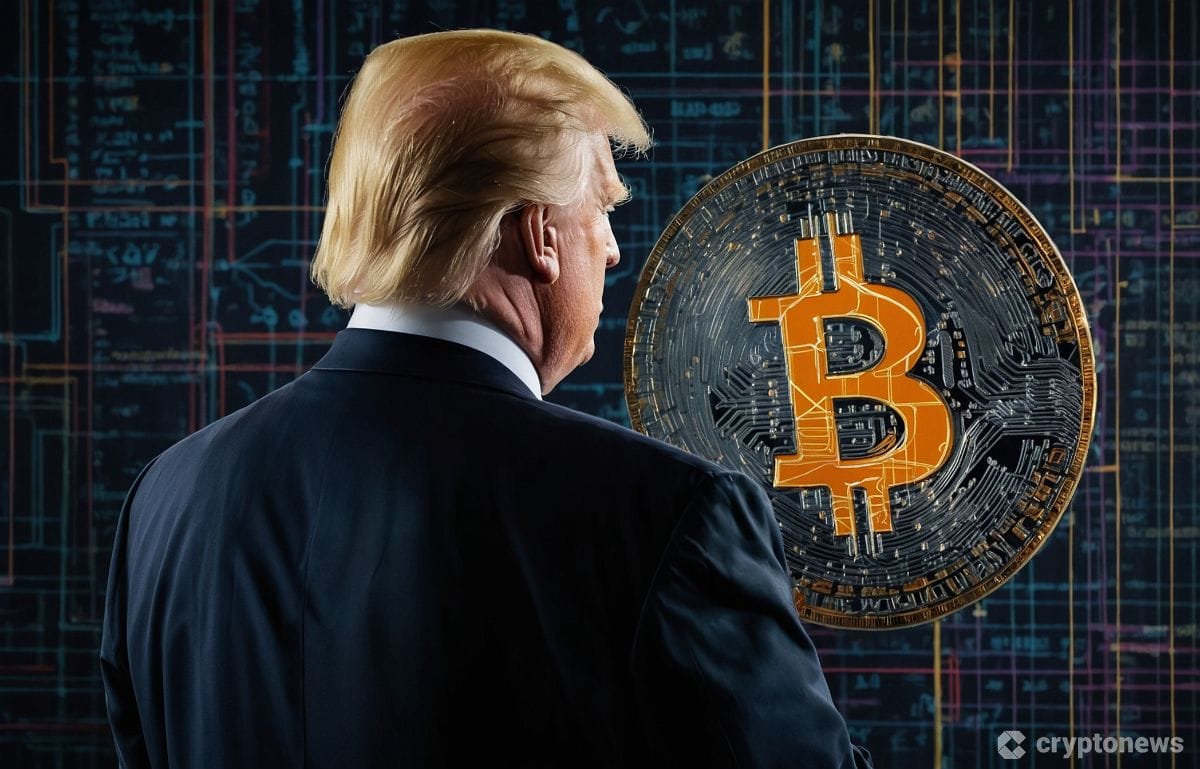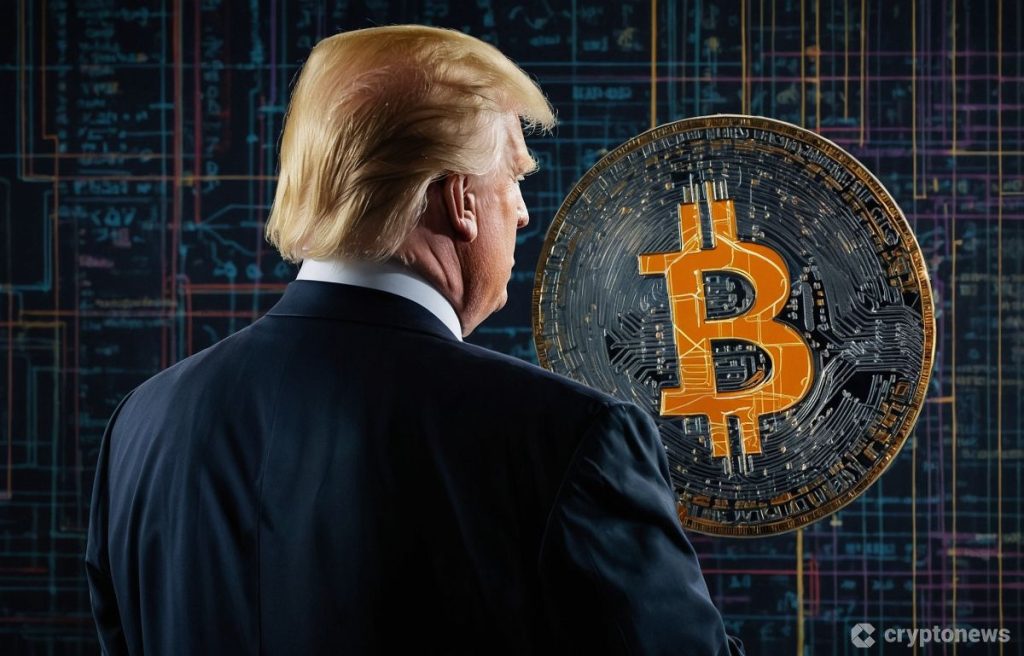Last updated:
 Why Trust Cryptonews
Why Trust Cryptonews

Former President Donald Trump’s decision to launch a cryptocurrency token sale for his project, World Liberty Financial (WLFI), has attracted widespread backlash from prominent figures in the crypto world.
Billionaire investor Mark Cuban, a vocal critic of Trump, along with Bitcoin advocate Max Keiser, have both raised serious concerns about the legitimacy of the venture, with Cuban implying it’s a money-grab scheme and Keiser outright accusing Trump of failing the “Bitcoin IQ test.”
The criticism comes just three weeks before the highly anticipated presidential election.
Mark Cuban’s Criticism of WLFI Token: What Is Trump’s Motive?
Mark Cuban didn’t hold back when reacting to the announcement of Trump’s upcoming WLFI token sale.
On Twitter, Cuban simply remarked, “I’ll let this stand on its own,” clearly implying his disdain for the move.
The underlying message was one of disbelief, as Cuban openly questioned why Trump, a man who “has Elon [Musk] writing him checks,” would resort to launching a token, something Cuban and others have labeled as an “obvious pump scheme.”
Alex Miller, CEO of the Web3 platform Hiro, also expressed frustration, saying, “Just fucking shoot me. Anyone who thinks this is good for crypto… it sets us back YEARS in credibility.”
Both Cuban and Miller believe that while Trump may not literally rug-pull, the token sale feels like an attempt to exploit the crypto market, grifting his supporters and followers in the process.
Trump’s WLFI token sale seeks to raise $300 million by offering 20% of the token supply, valuing the project at a massive $1.5 billion.
The sale has come at a crucial time in Trump’s 2024 presidential campaign, adding a layer of political intrigue to his financial motivations.
Cuban, a long-time skeptic of Trump’s ventures, further voiced concerns about the long-term repercussions for the cryptocurrency market, hinting that Trump’s lack of knowledge about the space could result in disaster.
Max Keiser’s “Bitcoin IQ Test” and Community Reactions
Max Keiser, the senior adviser to El Salvador President Nayib Bukele and an ardent Bitcoin supporter, didn’t mince words either.
Keiser took to Twitter to state:
According to Keiser, Trump’s token sale shows that he does not grasp the unique value proposition of Bitcoin, which stands as a decentralized, non-inflationary store of value in contrast to centralized projects like WLFI.
Keiser’s critique is almost the same as many in the Bitcoin community, who view Trump’s token launch as an opportunistic move to cash in on the hype around digital currencies, rather than supporting genuine innovation.
One user also questioned why the media isn’t attacking Trump for launching what could be perceived as a “rug pull,” comparing it to their lack of coverage when A-list celebrities launch similar questionable ventures.
This isn’t Trump’s first foray into the world of digital assets. In December 2023, Trump launched a series of NFTs featuring cartoonish images of himself in various heroic outfits, such as a cowboy and astronaut.
The Trump NFT collection sold out within a day, raking in $4.45 million.
Although the initial sale was a financial success, the value of the NFTs plummeted shortly after.
Some have speculated that the WLFI token sale may be a similar play to the NFT project, leveraging Trump’s celebrity status to drive speculative investments without long-term value.




